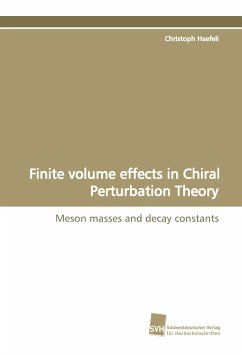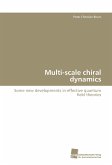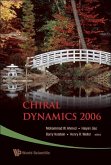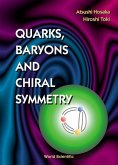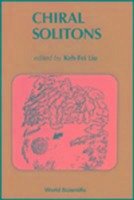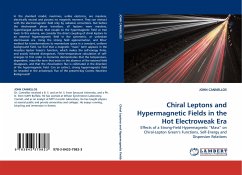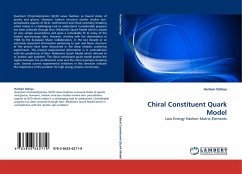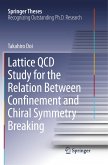Current knowledge suggests that the whole range of strong interaction phenomena can be described by quantum chromodynamics, a theory with only few parameters. On the experimental side, the masses of the light hadrons and many other properties are very precisely known. On the theoretical side, it is difficult to compute these quantities from first principles, mainly because the coupling constant is not small at low energies and a perturbative expansion in this parameter can not be carried through. The framework of Lattice QCD is appropriate to address this problem on a non-perturbative level. Introducing a finite space-time lattice and discretizing the fields, quantitative results can then be obtained through sophisticated numerical simulations. However, due to the limited capacity of today's computer systems, the lattices one is able to simulate are rather small in size and coarse. The extrapolation to the infinite volume limit, for instance, is by no means straightforward. This thesis presents a detailed analytical analysis of finite-size effects for masses and decay constants of the octet of pseudoscalar mesons and provides formulae that guide the infinite-size extrapolation.
Bitte wählen Sie Ihr Anliegen aus.
Rechnungen
Retourenschein anfordern
Bestellstatus
Storno

